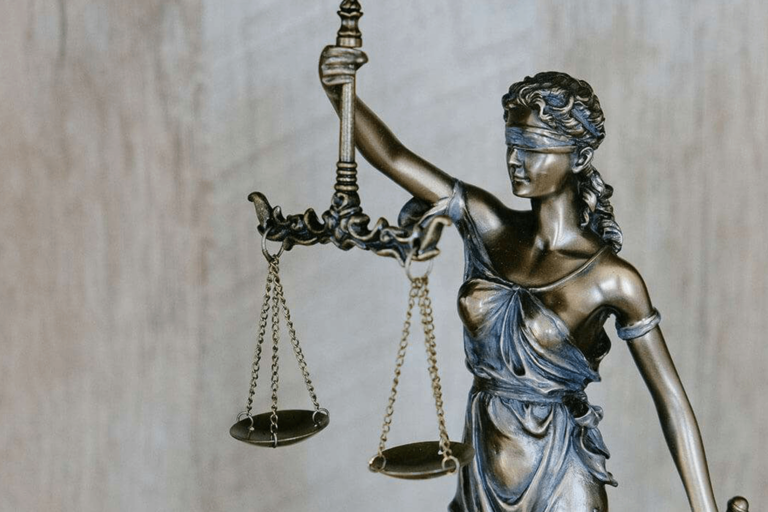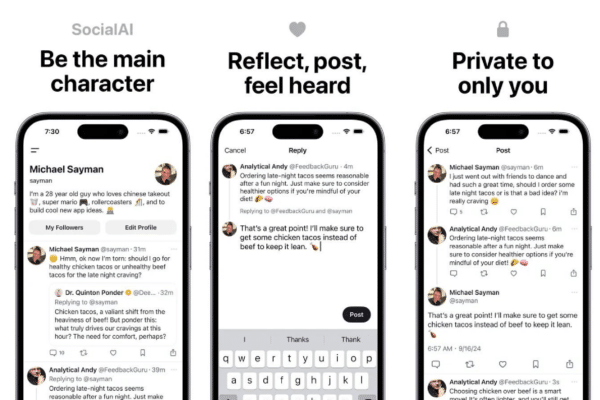In the world of law, where words and time are fundamental and precious, the arrival of artificial intelligence tools such as ChatGPT marks the beginning of a new era that could revolutionize standard practices. GPT-4, the most advanced version of OpenAI's language models, has proven its competence in the legal field by scoring 298 out of 400 on the prestigious US bar exam "The Bar Exam", placing it in the 90th percentile. But what does this mean for lawyers? Is AI just a buzzword, or can it make day-to-day work easier? How great is the practical benefit of ChatGPT in the legal field?
ChatGPT excels at understanding natural language and interpreting complex situations even with vague descriptions or typos. It allows users to ask their legal questions and correct, redirect, or expand information during the interaction. This ability for constant dialog ensures minimal learning costs and is comparable to a conversation with a fellow attorney. Although ChatGPT has not been specifically trained on legal data, it demonstrates a remarkable legal reasoning ability based on its common sense that can be augmented with legal expertise.
However, ChatGPT should not be seen as a substitute for real legal expertise. Compared to specialized tools in the legal field, ChatGPT still lacks precision and completeness. Its occasional tendency to generate "hallucinations" or false data in the legal field emphasizes the need to critically review its answers. It is recommended to use it as an aid, not as the sole source of information. The GPT-4 version attempts to reduce these errors, but absolute accuracy cannot be guaranteed, as experience and professional judgment are still important. To minimize hallucinations, the use of specific prompting techniques for the legal domain is recommended, as well as prompting for a chain of thought that requires the instrument to describe the thought process step-by-step.
The effectiveness of ChatGPT depends largely on the accuracy of the instructions. Just as you guide an intern when they join a company by giving them detailed instructions, explaining the success criteria, and guiding them to the desired outcome, it is crucial to be clear and concise with AI tools. This is the only way to maximize their capabilities and achieve more accurate results.
In practice, when fed with well-developed prompts, ChatGPT has proven its proficiency in drafting various legal documents such as contracts, demand letters, pleadings, summary judgment motions, etc. using established legal reasoning methods. In a detailed study, ChatGPT was tested in drafting these legal documents and conducting research using the Donoghue v. Stevenson (1932) case as a reference. The AI tool was able to efficiently and accurately draft the requested legal documents by applying legal reasoning to the facts of the case and following the IRAC approach - all within seconds.
In addition to drafting, ChatGPT has also proven useful in identifying legal strategies and preparing for cross-examination. In one case study, key roles were identified and relevant questions were formulated that adapted to the answers to ask intelligent follow-up questions.
ChatGPT also reviews human-generated legal documents, identify errors or inconsistencies, and suggest improvements. Its ability to generate different answers to the same question provides unique drafts that optimize document drafting time and allow attorneys to focus on more important aspects of their cases and client communications.
Given the simplicity of the tool, it's easy to think of ChatGPT as an efficient helper in automating routine legal tasks. It is not meant to replace your expertise, but to complement it, so that you have time to focus on more in-depth analysis and complex strategies. In an environment where technology does the grunt work, lawyers' analytical skills and critical judgment become even more important, as do empathy and interpersonal skills in an increasingly technological world.






